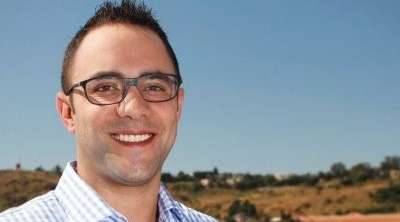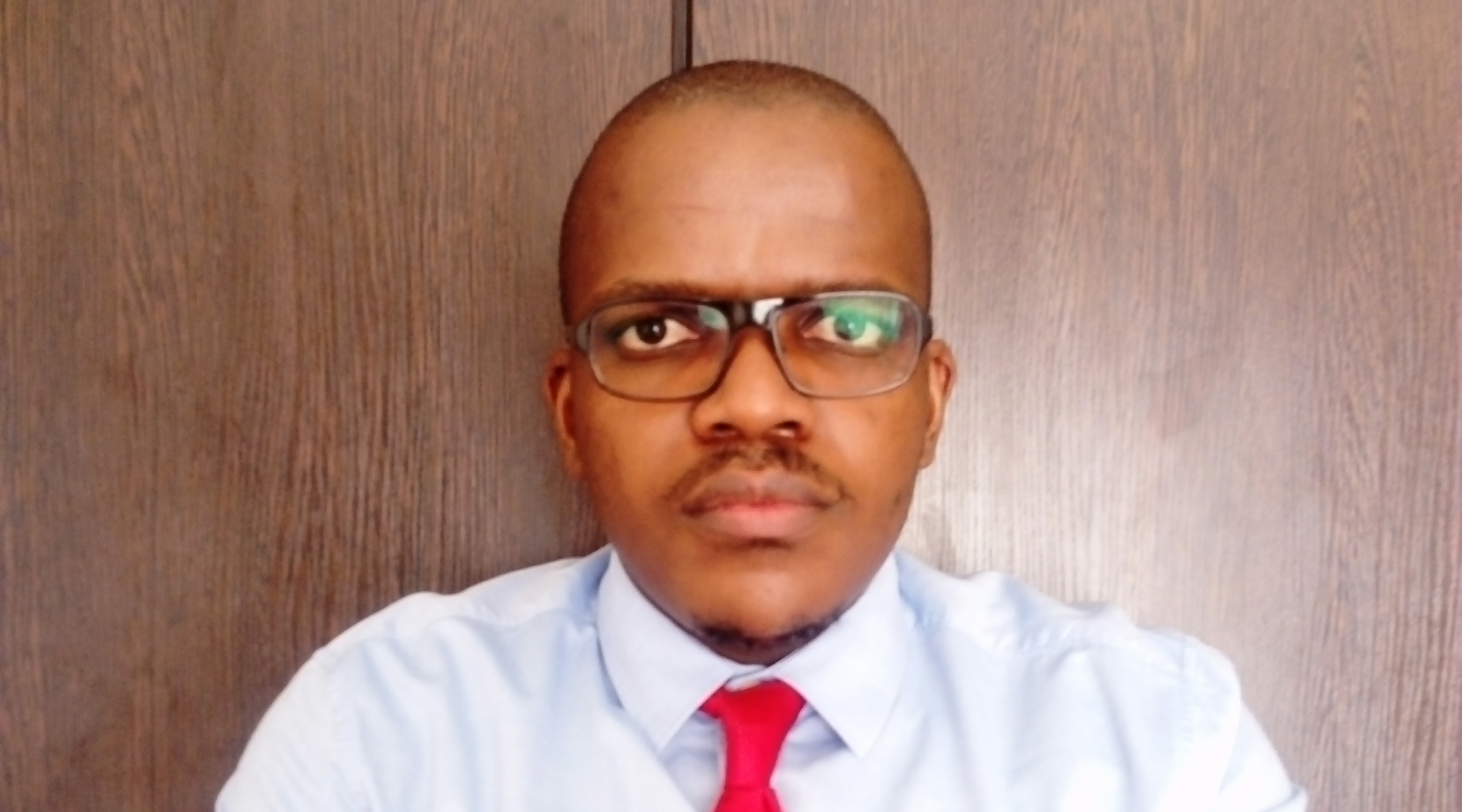Mark has always had an entrepreneurial spirit, from selling caps on the beach as a child to now building a megacity.
Mark Scop describes himself as a businessman and not your typical accountant: he’s entrepreneurial and gets things done. “Your typical accountant who sits at his desk, that’s not me. While I enjoy doing the numbers, having been involved in several businesses over the years. I prefer getting my hands dirty,” he says.
Mark is an investor in, and CFO for Rama City Development Company, an affordable housing development called Rama City. The megacity is located within the north-western part of the City of Tshwane.
“Once complete, Rama City will comprise more than 17,000 residential dwellings, a shopping centre, schools, commercial properties and a hospital. We currently have 1,463 RDP houses built and occupied and plan to complete at least 1,000 to 2,000 houses a year to complete the project,” he explains.
Tshepang Electrical, where Mark is currently employed, is an electrical infrastructure specialist and specialises in building sub-stations and electrical reticulation for private developers as well as various municipalities.
“I’ve always been an entrepreneur: when I was about 11 years old, I sold caps on the beach in Plettenberg Bay,” he says. “When I was 18, I started selling clothes at the Sandton library by the taxi rank, sourcing pants and shirts from my father, who was in the clothing business,” he explains.
Mark then went off to university, and while his friends were working as waiters in restaurants, he was selling cell phones. “I found someone who was importing cell phones, and I would buy and sell them to various stores as well as online via bidorbuy, and I made a lot of money for a student with this venture,” he says.
Mark studied accounting and began his next venture, a sweet shop with his brother-in-law, while doing his articles at Investec. This small investment turned out to be a very profitable one in the end. “My brother-in-law and I turned a small investment into a thriving business, in sweet shop terms” “Before you could buy lotto tickets online formally through lotto, we were able to team up with a company that was offering this service, as a result of this we were the largest lotto retailer in the country when we were doing it,” he explained.
This was a very good investment from a financial standpoint. Mark and his brother-in-law were able to make back their investment in the first year. The pair later sold the company for 2.5 times their investment ,24 months after purchasing it. “We sold the business when our helper’s son became ill; he worked in the shop and we couldn’t trust anyone else to take over his role and it became difficult to manage while working full-time,” he adds.
Mark finished his articles and stayed with Investec’s private bank division for another six months before leaving. He went on to purchase a cell phone repair company that had recently gone into liquidation. “All the business had was a Motorola accredited licence at the time, and this was the dominant phone in the market,” he says.
During this time, all cell phone networks outsourced their repairs, and Mark’s company became a part of that network. “We began by repairing 10,000 phones per month for MTN, and the business grew from there. This relationship lasted six years.” There were three partners in the business and all three weren’t required full-time, so Mark and one other left.
Mark later joined his brother in-law from the sweet shop who had started a generator importing business. “About six to eight months after I joined, Eskom began implementing load-shedding for the first time,” he says. “The perfect time to be in the generator business!” The business was later bought by Teljoy which was moving into the alternative energy solutions market at the time.
Not one to let a good business opportunity to pass him by, Mark joined Standard Electrical, a business that was started by his father-in-law. Standard Electrical was already one of the largest electrical contractors in Gauteng.
“I joined the business as an FD and was quite involved in operations. “My biggest highlight was establishing the Energy Service Company (ESCO) business within Standard Electrical, where we rolled out major energy projects focusing on delivering Eskom savings through the installation of energy efficient lighting,” he says.
“We were probably one of the country’s largest ESCOs, and we rolled out two major projects, one called a performance contract – guaranteeing Eskom savings over a three-year period – which was a remarkable success, as well as a project for Growthpoint Properties covering 600,000m2 of their commercial office portfolio.”
Mark’s other major accomplishment was the introduction of B-BEE shareholding at Standard Electrical. “I facilitated the exit of the founders and private equity holders from the business, as well as the entry of an empowerment company and management,” he adds. Mark has been able to implement a similar transaction in Tshepang Electrical.
When Mark isn’t closing deals, he enjoys spending his time on the stock market; he’s an avid trader. Mark is also very involved in his faith: he is the FD of the shul he attends. He also enjoys mountain biking.
Accountants, according to Mark, handle one aspect of the business, which is most often just the financial aspect, but he’s able to put deals together, see them through, and make things happen, which is what sets him apart and ensures that the talking is backed up by firm delivery.











